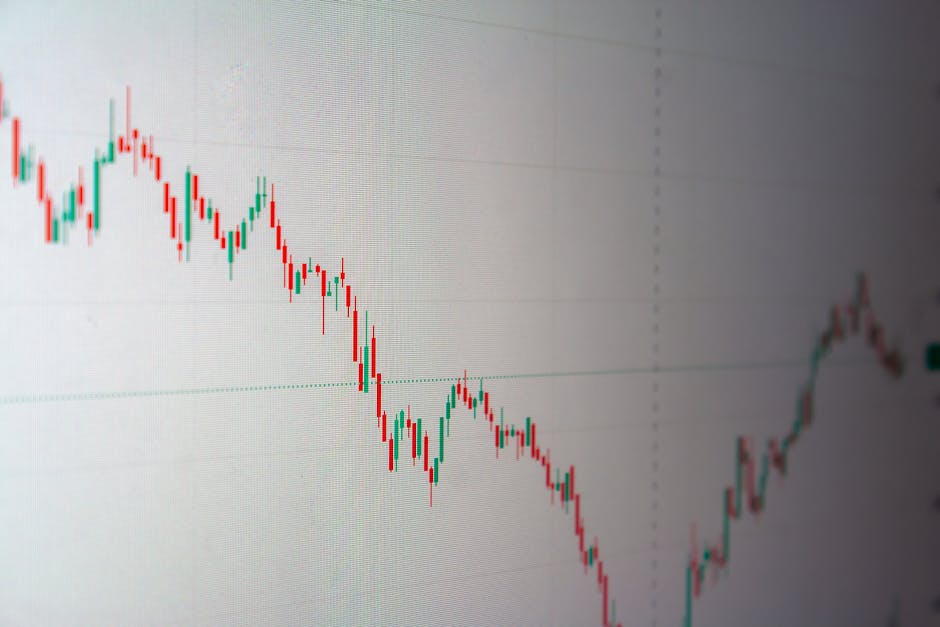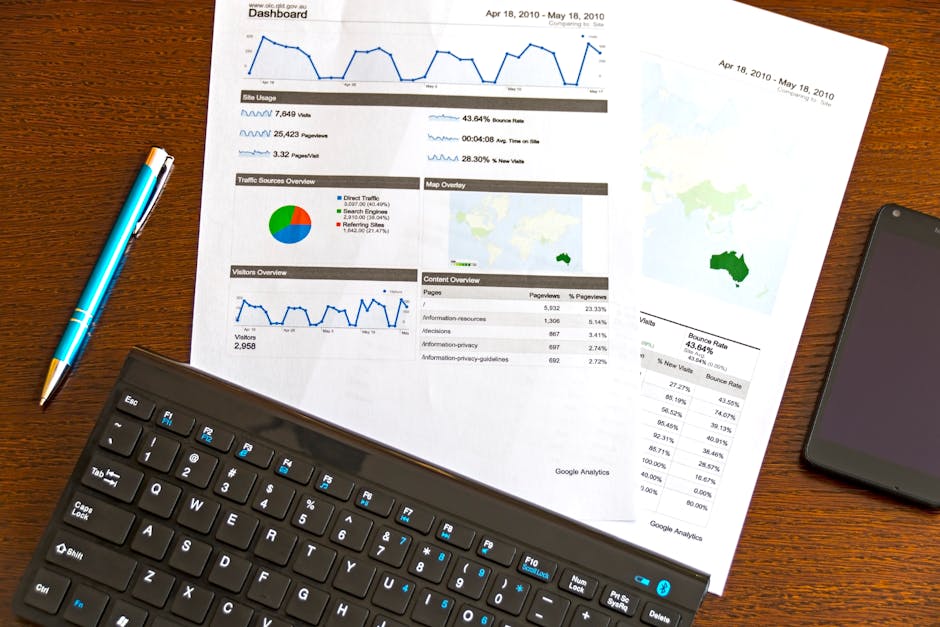How to Analyze Digital Campaign Performance: A Simple Guide
So you’ve launched a digital campaign, but how do you know if it’s actually working? Analyzing your campaign’s performance is crucial to understanding what’s working well and what needs improvement. In this guide, we’ll break down the steps to effectively analyze your digital campaign performance in a simple and straightforward way.
Why Analyzing Digital Campaign Performance is Important

Before we dive into how to analyze your digital campaign performance, let’s understand why it’s important. By analyzing your campaign’s performance, you can:
- Measure the effectiveness of your marketing efforts
- Identify what resonates with your audience
- Optimize your campaigns for better results
Imagine you’re running a social media campaign to promote your new product. By analyzing the performance data, you can see which posts are driving the most engagement and adjust your strategy accordingly to maximize your ROI.
Setting Clear Goals for Your Campaign

Before you can analyze your digital campaign performance, you need to have clear goals in mind. Ask yourself:
- What do you want to achieve with this campaign?
- Is it brand awareness, lead generation, or sales?
Setting specific and measurable goals will help you determine the key performance indicators (KPIs) you need to track to evaluate your campaign’s success.
Choosing the Right KPIs to Track

Now that you have your goals set, it’s time to choose the right KPIs to track. KPIs are metrics that help you measure the performance of your campaign. Some common KPIs for digital campaigns include:
- Click-through rate (CTR)
- Conversion rate
- Cost per acquisition (CPA)
- Return on investment (ROI)
For example, if your goal is to increase website traffic, you might want to track your CTR to see how many people are clicking on your ads and visiting your site.
Utilizing Analytics Tools

Analytics tools are essential for tracking and analyzing your digital campaign performance. Platforms like Google Analytics, Facebook Insights, and Mailchimp provide valuable data on how your campaigns are performing. By using these tools, you can:
- Track website traffic and user behavior
- Monitor social media engagement
- Measure email open rates and click-through rates
For instance, Google Analytics can show you which channels are driving the most traffic to your website, allowing you to allocate your marketing budget more effectively.
Interpreting the Data
Once you have collected data from your analytics tools, it’s time to interpret the results. Look for trends, patterns, and anomalies in the data that can give you insights into your campaign performance. Ask yourself:
- Which channels are driving the most conversions?
- Are there specific demographics that are responding well to your campaign?
- What changes can you make to improve performance?
For example, if you notice that your email open rates are low, you might want to test different subject lines to see if that improves engagement.
Optimizing Your Campaign
Based on your analysis, make data-driven decisions to optimize your digital campaign. This could mean tweaking your ad copy, targeting a different audience segment, or adjusting your budget allocation. By constantly optimizing your campaign, you can improve its performance and achieve better results.
Real-Life Example: Sarah’s E-commerce Campaign
Sarah runs an e-commerce store and recently launched a Facebook ad campaign to promote her new product line. After analyzing the campaign performance data, she discovered that her video ads had a much higher CTR compared to image ads.
Using this insight, Sarah decided to allocate more budget towards video ads and saw a significant increase in website traffic and sales. By analyzing the data and optimizing her campaign, Sarah was able to achieve her sales goals and improve her ROI.
Conclusion
Analyzing your digital campaign performance is a critical step in maximizing the effectiveness of your marketing efforts. By setting clear goals, tracking the right KPIs, utilizing analytics tools, interpreting the data, and optimizing your campaign, you can achieve better results and drive business growth. Remember, data-driven decisions are key to success in the digital marketing world.




